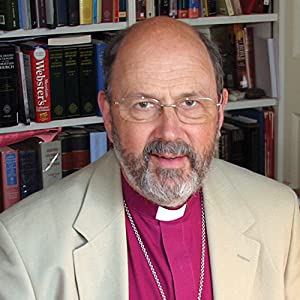Q. Let’s talk for a minute about the radical Jewish re-reading of Paul fostered by Mark Nanos, Paula Fredricksen etc. that suggests a two-track model of salvation for God’s people— Jews being faithful by keeping the Mosaic covenant, Gentiles by embracing Jesus. This even has been stretched by Nanos to Paul is talking about Gentiles in the context of the synagogue, not as a practicing community in house churches separate from the synagogue. Recently, I have read Mark Kinzer’s fascinating book Jerusalem Crucified where he does a complete re-reading of Luke-Acts (as well as Paul and Hebrews) in a way that is conducive to messianic Judaism’s embracing of Jesus, without leaving the Mosaic covenant behind. But he admits that this means in essence that even within the context of Christianity, we have to talk about two distinct communities until Jesus returns—- one that is Torah true, and one that is not as it is made up of Gentiles who were not expected to be embracing the whole Mosaic covenant. Oddly, Kinzer comes to the same conclusion about the need for two communities who are people of God, just as the radical perspective on Paul does, though both of his communities focus on Christ. This, it seems to me is precisely NOT what Paul is arguing for in regard to ecclesiology in Galatians. Would you agree?
A Yes. I regard that whole movement, in its different varieties, as a frustrating spin-off from all the terrible things done to the Jewish people in the mid C20. Different people have different agendas within that, of course; Nanos, Fredricksen and Kinzer are very different! But the answer is quite simple: (a) 1 Cor 9, ‘to the Jews I became as a Jew’ and so on – what DOES Paul mean there if not something compatible with Galatians? And (b) Gal 2.19-20. ‘I through the Torah died to the Torah’. Pretty basic. Trouble is, they always hint that anyone who disagrees with them must be at least covertly anti-Jewish, which is actually a slur on those of us who have spent most of our careers trying to understand, celebrate and bring out the essential Jewishness of the early Jesus movement . . .












